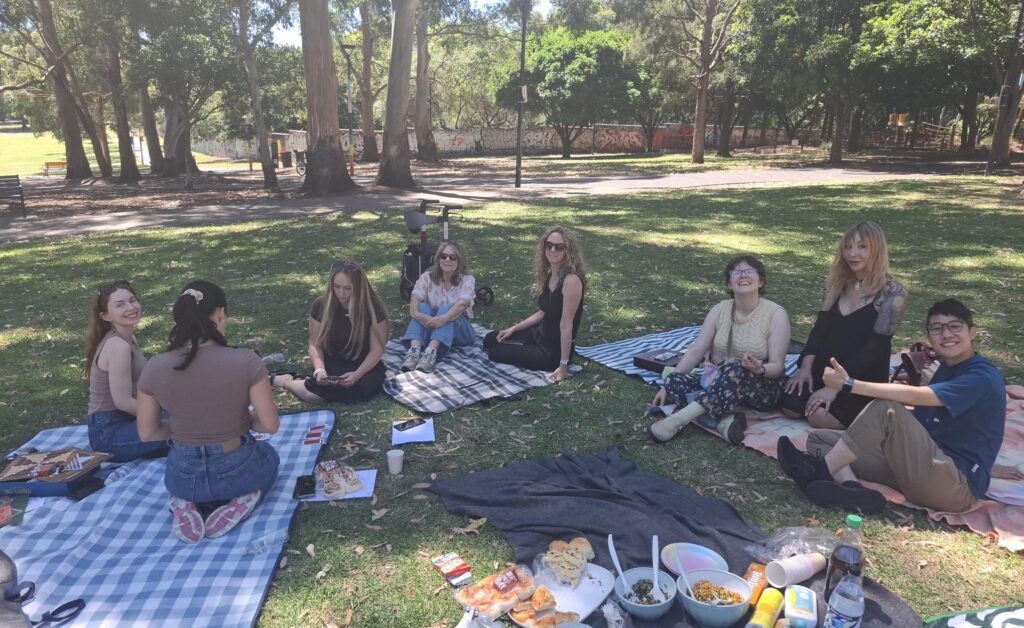Barriers to inclusive support
Compared to the rest of the population, members of the TGD community have reported higher levels of abuse and discrimination, which are some of the factors leading to higher rates of suicidal distress.
Many trans and gender diverse people also experience significant barriers to accessing inclusive and gender affirming healthcare.
Luna (they/she), a participant of The Way Back suicide aftercare program at our Neami Hurstville service, shared some their previous experiences seeking healthcare and support.
She highlighted the energy it takes to educate staff, advocate for their gender to be respected and have access to the medications they need.
‘When you’re in a vulnerable place, and are seeking out support, not having to advocate for your gender to be recognised can mean being able to utilise the supports for what they’re for – rather than having to provide education about trans-affirming care and gender identity,’ she told us.
‘When in distress with urgent medical needs, correcting people or needing to justify the importance of specific medications can take up a lot of energy.’
Maeve Delaney, Lived Experience Community Care Coordinator, told us that she often reflects on the overrepresentation of trans and gender diverse people in The Way Back program, consistently representing about a third of her participants.
‘It’s a very disappointing representation of the unfair treatment and discrimination that transgender and gender diverse people face daily, leading to such high rates of suicidal ideation,’ she said.
